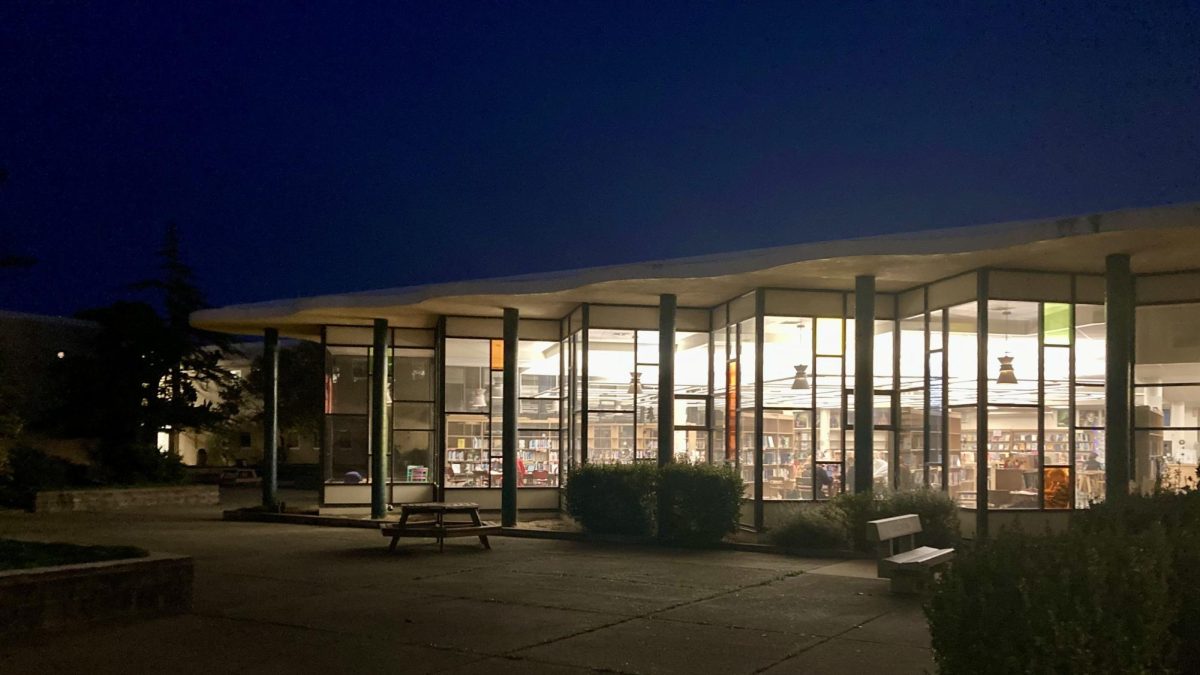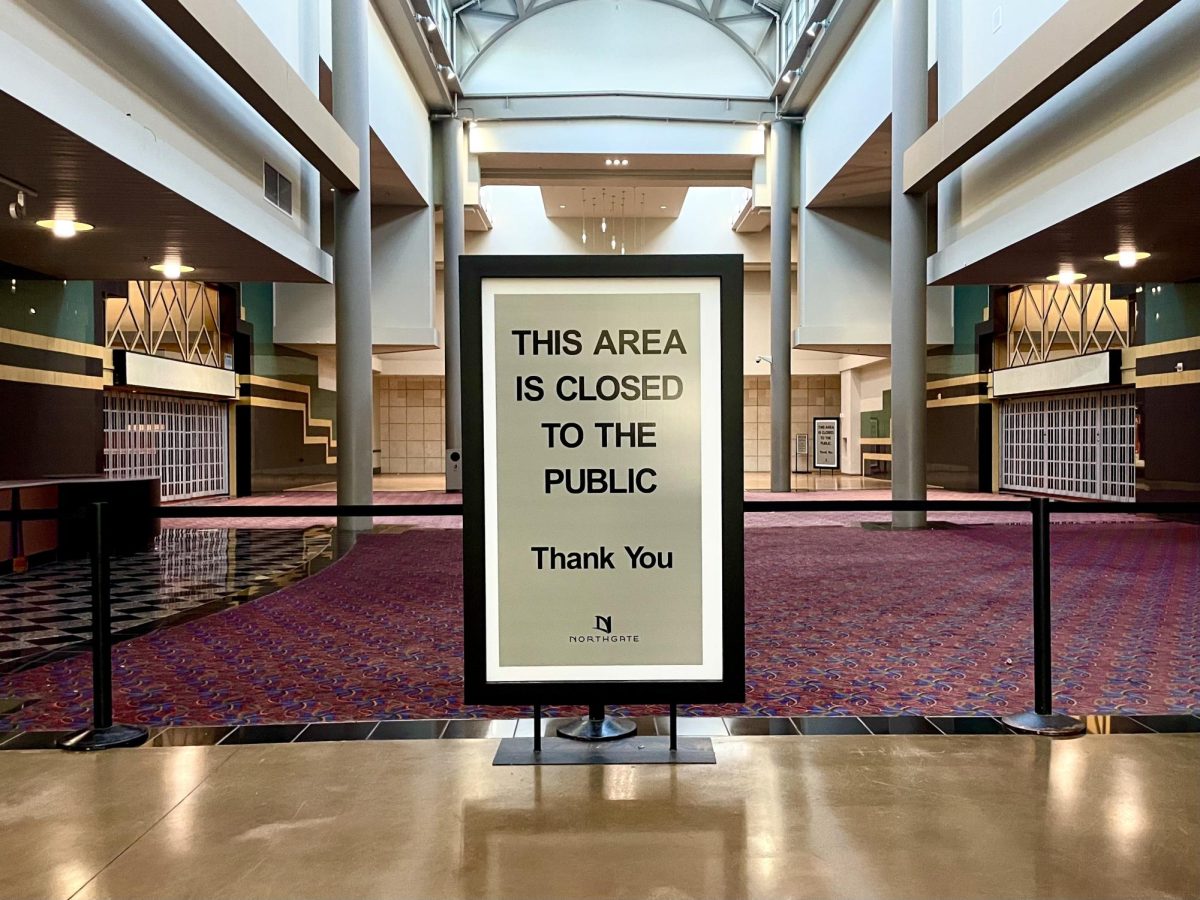The administration recently implemented a mandatory lunchtime study hall for students with multiple missing assignments.

Under the new policy, teachers can refer students who miss multiple assignments to a lunchtime study hall supervised by administrators to finish specific assignments.
The study hall is aimed at helping students who understand the content of a class but fail to turn in their assignments.
Although a small number of students were recommended and even fewer actually showed up for the first few study hall sessions, Assistant Principal Katy Foster said that it was beneficial to a certain extent for the few students that did show up.
“Every single kid I talked to wasn’t happy about losing their lunch, but was happy about being prompted to get something done,” Foster said. “So in that regard, [the study hall] was good, and it was good, at least initially, when we got some assignments turned in right away.”
However, art teacher Liz Lauter said that while she acknowledges the program’s intent, she believes that keeping students in at lunch is not in their best interest.
“It felt wrong to me because I felt that students should be able to have a lunch break. By law, all staff have a legal lunch break,” she said. “I think that that would be important for students to have a rest between sitting at a desk all day.”
According to Lauter, the teachers had no knowledge of the program until the Monday morning before it was put in place.
“I’m shocked that teachers, faculty, were not involved in any way in designing this,” she said. “Teacher input is critical for anything we’re doing with students.”
After finding out about the program, Lauter decided to research and contact the California Department of Education about the legality of instituting a program like the study hall during lunch.
She found that the California Code of Regulations (CCR) Title 5 Policy 352 states: “A pupil shall not be required to remain in school during the intermission at noon, or during any recess.”
However, Principal David Sondheim said that the program is legal under the more recent California Educational Code, which takes priority over the CCR.
“The California Education Code provides for using that time as a disciplinary referral,” Sondheim said. “School boards can create policies that allow for that.”
Foster said that administrators have also addressed the issue of students not having enough time to eat lunch while they work.
“I know there was concern about kids not being able to eat, but we send the passes five minutes early so that the kids can go to the CEA,” she said. “We also let the kids know the day before so that if they don’t get their lunch in the CEA, they can bring their lunch.”
Foster said that although the study hall is mandatory, the administration works with students on a case-by-case basis.
“We work with them as individuals. If there’s a compelling reason why we can’t work with them that day, that’s fine,” Foster said.
According to Foster, the administration is still working out the specifics of the study hall.
“The next step in what we’re figuring out is, ‘What are the steps for following through when kids don’t show up?’” she said.






